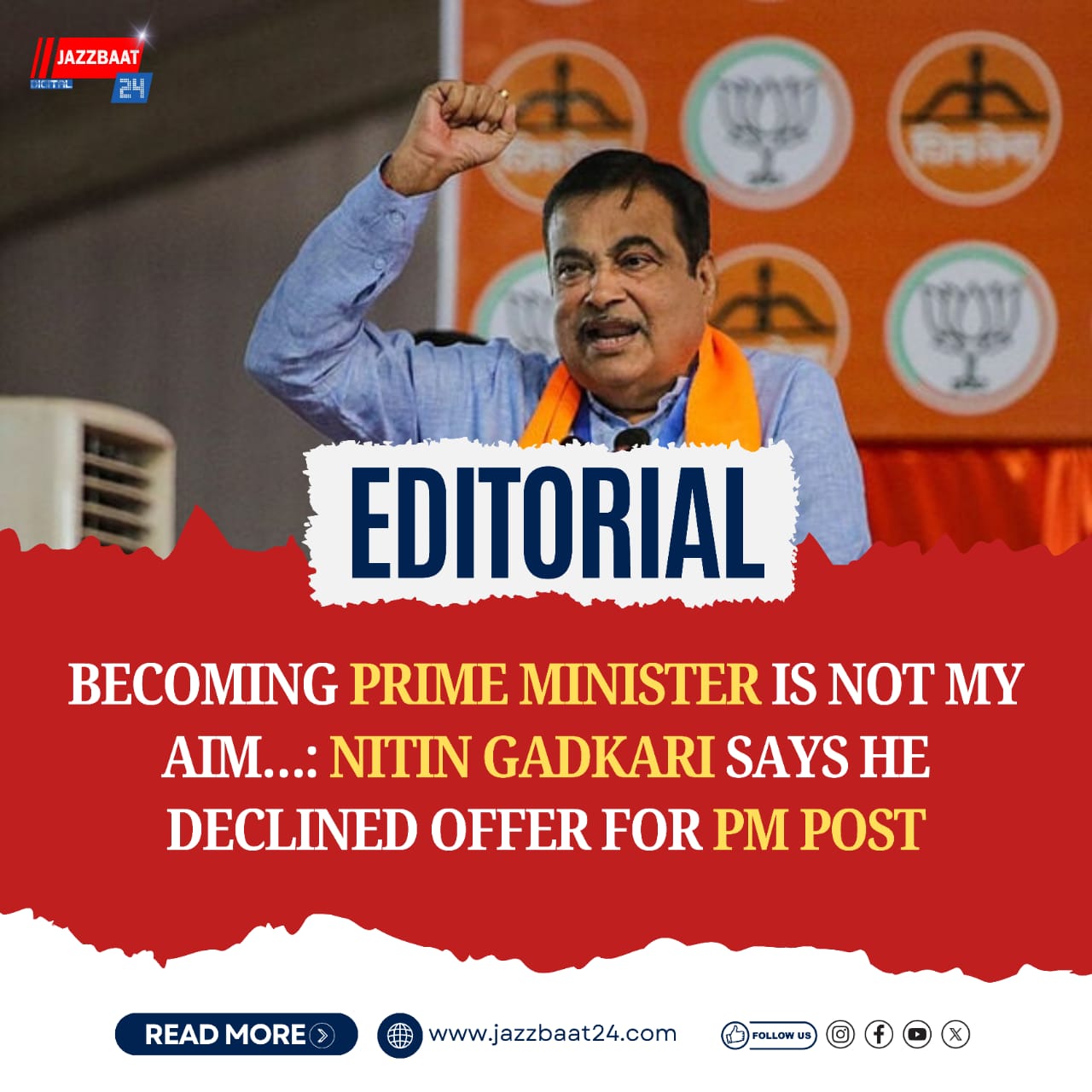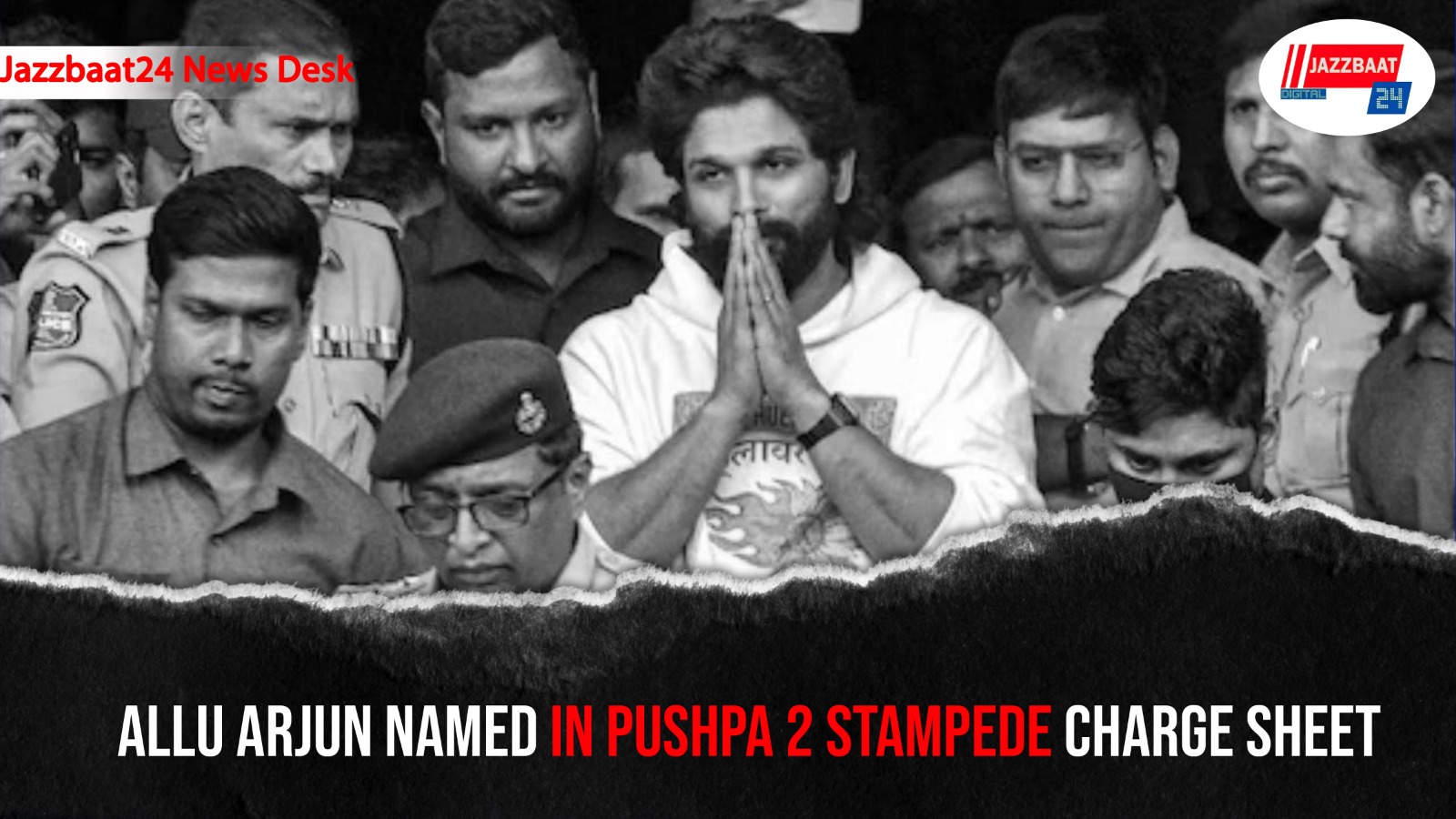Not Interested in PM Post: Gadkari Declines Offer, Reveals in Candid Statement
In an unexpected revelation, Union Minister Nitin Gadkari has claimed that he declined an offer for the Prime Minister's post, stating that becoming PM has never been his aim. This statement, coming from one of the most experienced and respected leaders in the Bharatiya Janata Party (BJP), has sparked widespread discussion. The claim raises crucial questions about leadership, ambition, and the state of Indian politics.
Gadkari, who has long been regarded as an efficient and visionary leader, was reportedly offered the PM post during a crucial moment within the party. However, he made it clear that his focus was on serving the nation through infrastructural development, not climbing the ladder of political power. This move, while surprising, speaks to a deeper reality about Gadkari's character: he is a politician who seeks progress over prestige.
At a time when political ambitions often overshadow genuine service to the public, Gadkari’s statement challenges the norm. It is refreshing to see a leader admit that power is not the ultimate goal, especially when it is coveted by so many. His decision to prioritize his ministerial work over the lure of the top post reflects a rare selflessness in Indian politics today.
Some critics, however, are questioning whether Gadkari’s statement was made out of humility or if it was politically strategic. Regardless, his message resonates with many who are fatigued by the relentless pursuit of power seen among India’s top politicians. In a political landscape where leaders often eye the Prime Minister's chair as the pinnacle of success, Gadkari’s disinterest in the role stands in sharp contrast.
This editorial is not to glorify or dismiss his choice but to recognize the broader implications of such a declaration. Whether his decision stems from personal beliefs or political positioning, it invites a discussion about the nature of leadership in the 21st century. Gadkari's words remind us that leadership is not about titles but about action—and in a democracy, that matters.
Not Interested in PM Post: Gadkari Declines Offer, Reveals in Candid Statement
The Union Minister opens up about refusing an opportunity for the Prime Minister’s post, stating his true ambition lies in serving the country, not personal power.





